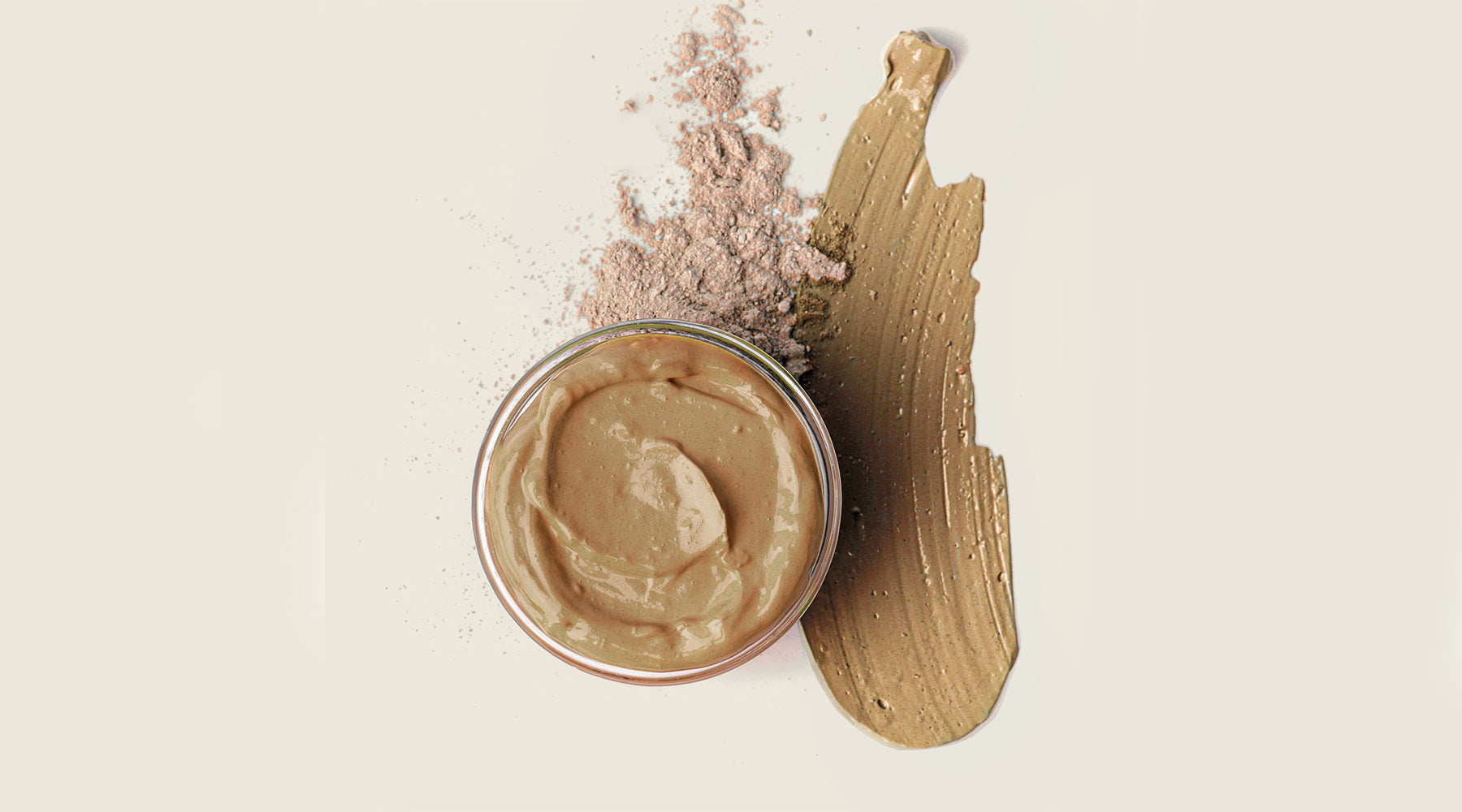
Can Face Masks Get Rid of Acne?
Face masks have recently become a popular tool for skincare enthusiasts. These products, from clay to sheet masks, are marketed to solve all skin problems. One such claim is that face masks can help get rid of acne. But is this true?
Can Face Masks Help Eliminate Acne?
Face masks can help improve the appearance and health of your skin, but they may not necessarily get rid of acne on their own. Acne is typically caused by a combination of factors, including excess oil production, clogged pores, and bacteria. While face masks can help with oil control and unclog pores, they may not effectively target the underlying bacterial infection that causes acne.
However, certain types of ingredients in face masks may be more effective at reducing the appearance of acne than others. When shopping for a face mask to help with acne, look for ingredients that can help reduce inflammation and draw out excess oils.
Ingredients to Look for in Acne-Fighting Face Masks
- Salicylic Acid: Salicylic acid, a beta-hydroxy acid found in acne skin care products, exfoliates the skin, controls oil, reduces inflammation, smoothes skin, and has anti-aging effects. It removes dead skin cells, unclogs pores, and prevents blackheads and whiteheads. Salicylic acid effectively reduces sebum and stimulates collagen production to improve fine lines and wrinkles. It's important to use it in moderation and follow up with a moisturizer, especially if you have sensitive skin.
- Benzoyl Peroxide: Benzoyl peroxide treats acne by killing bacteria, exfoliating and reducing oil production. It improves skin appearance but can cause dryness and irritation. Gradually increasing usage and using a moisturizer is recommended. Benzoyl peroxide can also bleach fabrics, so it's important to apply it carefully and let it dry completely.
- Tea Tree Oil: Tea tree oil has antibacterial properties that can help reduce inflammation and prevent breakouts.
- Clay Masks: Clay masks are a popular skincare treatment for acne-prone skin due to their ability to absorb excess oil, unclog pores, gently exfoliate the skin, and calm inflammation. Some types of clay, such as Fuller's Earth clay, have anti-inflammatory properties that can help to soothe and calm inflamed acne. However, clay masks can be drying and may cause irritation if used too frequently or left on for too long. It's important to use clay masks once or twice a week, follow the product's instructions, and use a good moisturizer after use to prevent dryness and irritation.
What Causes Acne?
Acne is a common skin condition when hair follicles become clogged with oil and dead skin cells. This can lead to the formation of pimples, blackheads, and whiteheads. Hormones, genetics, and certain medications can all contribute to the development of acne.
Types of Face Masks for Acne
Several types of face masks can help reduce acne:
- Clay Masks: Clay masks are great for oily and acne-prone skin because they can help absorb excess oil and unclog pores.
- Sheet Masks: Sheet masks are typically infused with ingredients like tea tree oil, salicylic acid, and niacinamide, which can help reduce inflammation and prevent breakouts.
- Peel-Off Masks: Peel-off masks can help remove dead skin cells and unclog pores. They can also help improve skin texture and reduce the appearance of acne scars.
It's important to note that using face masks alone may not be enough to clear up acne completely. Maintaining a regular skincare routine is essential, including cleansing, moisturizing, and using products specifically designed to treat acne. Additionally, it's important to avoid touching your face and to keep your hair and other objects that come into contact with your skin clean to prevent the spread of bacteria that can cause acne.
______________________________________________
Turmeric and Clay Powder Face Mask
